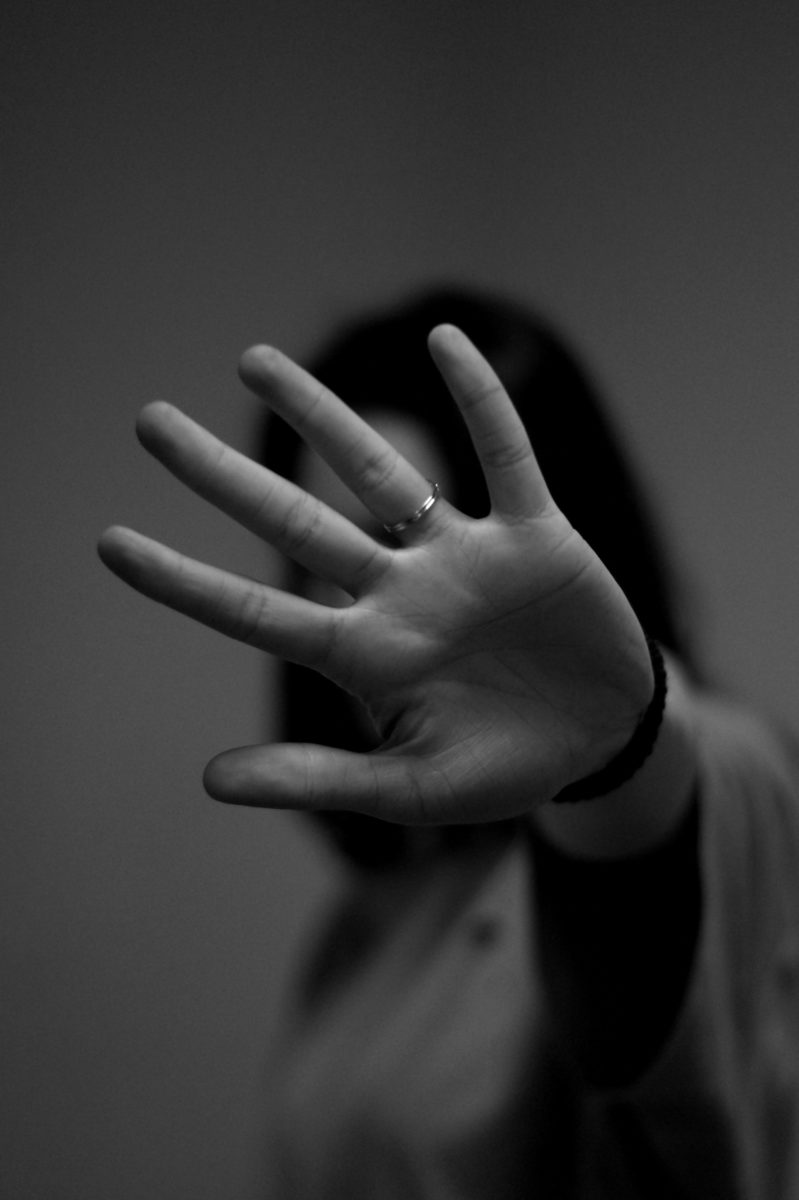Writing and rejection often go hand in hand. The pain of having someone pass on your work is a feeling that most creatives experience at one time or another, and many experience it several times. Rejection stings, and it doesn’t necessarily get easier, but there are some ways that it can truly impact your work for the better.
Try not to think of rejection as a reflection of who you are as a writer.
I know this one is hard, believe me. But, it is important to remember that someone can reject a piece of work for so many different reasons: it doesn’t mean that they reject your work as a whole or that you’re not a good writer. Poetry, like all forms of art, is subjective. One piece of writing isn’t going to resonate with every single person. We all have varied tastes and styles that will play a huge factor in the art we create and the art we choose to consume. This is especially true for publishers and magazines. So, if they pass on your work, try and remember that it may just be that it isn’t a good fit for that specific publication. It doesn’t mean it won’t be a fit anywhere.
Take constructive criticism if and when it is given.
Not every publisher will take the time to let you know that your work was rejected. But, if you are ever given feedback with your rejection, take advantage of that. It can be so nice to hear the specifics as to why your work was passed on. If you are given thoughtful and constructive criticism from the eyes of a publishing team, try to implement their suggestions. Use the feedback to grow and to learn. Constructive criticism is a tool that allows us to polish our writing and have a fresh perspective on our work. Remember, feedback that isn’t constructive does not need to be held in the same regard. Constructive criticism will help you grow. Let it water your efforts as you come into your own as a writer.
Research other publications.
So, you got that awful rejection email. I know it hurts. But, when you’re ready, try and let it fuel you to look elsewhere. Look up other magazines and other publications. Read the work that they have published in the past and make sure that your work fits with their overall tone and style. Blindly submitting to every publication around without first reading their previous writers will decrease your chances of being accepted in a big way. A huge reason that work gets rejected is that it does not flow with the other works they have published. Try your best to prepare and to polish your manuscript so that it complements the overall tone of the publication well.
Try, try again. Remember why you started.
If you’re ever feeling discouraged, do some research into writers or celebrities who dealt with rejection early on in their careers. It is eye-opening and such a comfort for any writer in the midst of their own rejections. Remember that writing is a personal experience, which makes any rejection feel personal too. But just because one publication doesn’t resonate with your work doesn’t mean that you’re not a talented writer. In that same vein, rejection doesn’t mean that we can’t embrace constructive feedback.
Use every experience you can to learn more about how to improve and how to move forward. Take advice when it is given. Above all else, remember why you started writing. Remember what you’re fighting to accomplish with your words and let that give you the courage to continue pressing “send” on those submissions.




